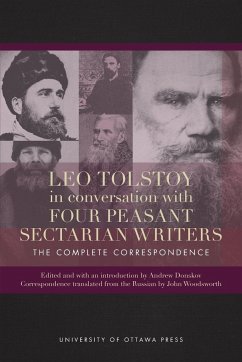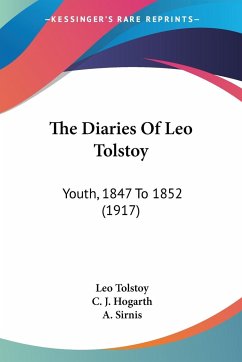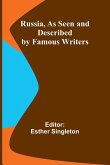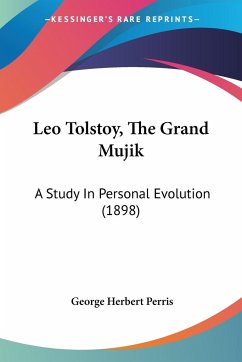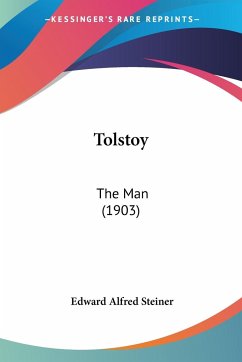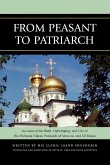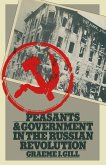The theme of the peasantry is central throughout most of Tolstoy's long career. His obsession with this class is seen not just as a matter of social or humanitarian concern, but as a response to the questions of "how to live a good life" and "what is the meaning of life that an inevitable death will not destroy?" These questions plagued him his entire life. The letters he exchanged with the four major peasant sectarian writers (Bondarev, Zheltov, Verigin, and Novikov) reveal that Tolstoy was matched as a profound thinker by his correspondents, as they converse on religious-moral questions, the meaning of life and how one should strive to find it, and on a wide array of burning social and personal problems. Reading through the analysis and the extensively annotated letters as a unified whole, elucidates the progressive development of the ideas they shared (and where these diverged) and which guided Tolstoy's and his correspondents' lives. Juxtaposing Tolstoy's letters with those of his four sectarian correspondents makes them even more significant as it shows them in their original context - a dialogue, or conversation. Also, with the aim to present the conversation in an even broader context, Andrew Donskov briefly discusses Tolstoy's relationship with peasants in general as well as with each of the four individual writers in particular. In addition, he provides a background sketch of two major religious groups, namely the Doukhobors and the Molokans, both of which still claim sizeable populations of followers in North America today. Originally published in 2008 by the Slavic Research Group at the University of Ottawa under the title Leo Tolstoy and Russian peasant sectarian writers: Selected correspondence, the expanded University of Ottawa Press edition includes 44 letters never published in English, out of the total 155 letters. Correspondence translated by John Woodsworth. This book is published in English.
Bitte wählen Sie Ihr Anliegen aus.
Rechnungen
Retourenschein anfordern
Bestellstatus
Storno

